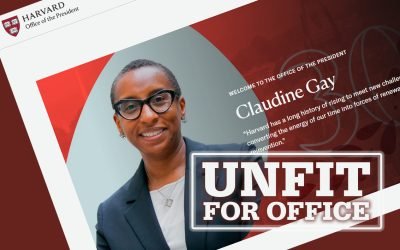Both Gov. Greg Abbott and Lt. Gov. Dan Patrick have said that “school choice”—i.e., vouchers or education savings plans—will be a priority in the 2023 legislative session.
Advocates of “school choice” programs scored victories across the nation during the midterm elections. Every gubernatorial candidate who supports school choice was elected. Some, such as The Washington Examiner call this a victory for educational freedom. However, school choice and educational freedom are two very different things.
Certainly, school choice programs return a little freedom to parents. Such programs allow parents to choose which school their children attend, whether government, charter, or private, rather than being limited to the local government school. Despite this being a good thing, it is not educational freedom.
Freedom means an absence of government coercion. School choice programs are filled with coercion. The most obvious example is the fact that such programs are funded by tax dollars—money that is coercively taken from taxpayers. As another example, most programs include rules and restrictions on how parents can use the money. And, if school choice is enacted in Texas, many want to regulate any private schools that accept vouchers or education savings plans.
Educational freedom requires all coercive measures to be abolished. It means that tax dollars would not be collected or used for educational purposes. All taxpayers, including parents, should be free to spend their money as they deem best, whether that is for educational purposes or anything else. With tax dollars eliminated from the equation, the strings that are attached to their use would evaporate.
School choice programs are a step in the right direction. But many more steps are required to actually attain educational freedom. While school choice isn’t the ideal, it isn’t a compromise to supports such policies. At any given time, there is a range of policies that are politically acceptable—i.e., the Overton Window. Some of those policies move us closer to freedom, while others move us away from freedom. Today, school choice is politically acceptable; abolishing government schools is not.
We should support school choice, but we must not confuse it with educational freedom.


